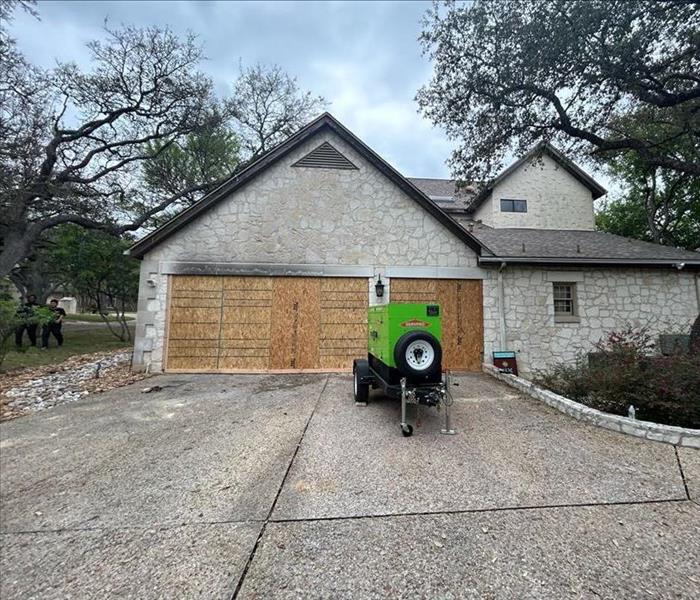Preventing Catastrophe: The Dangers of Gas Leaks and How to Detect Them
8/14/2024 (Permalink)
 We explore the hazards associated with gas leaks and offer practical advice on identifying them early.
We explore the hazards associated with gas leaks and offer practical advice on identifying them early.
Gas leaks pose significant risks to both health and safety, making it crucial to understand their dangers and detection methods. In this blog, we explore the hazards associated with gas leaks and offer practical advice on identifying them early to protect your home and loved ones in New Braunfels, TX.
The Hidden Dangers of Gas Leaks
Gas leaks can have devastating consequences if not detected and addressed promptly. The primary dangers include:
Fire and Explosion Hazards
Gas is highly flammable, and even a small leak can lead to catastrophic fires or explosions. Common ignition sources include:
- Electrical sparks: Turning on a light switch or using an electrical appliance can ignite leaked gas.
- Open flames: Matches, lighters, and even pilot lights on stoves or heaters can cause a fire.
How to Detect Gas Leaks Early
Early detection of gas leaks is essential to prevent disasters. Here are some key methods to identify a gas leak in your home:
Smell
Natural gas is odorless, but utility companies add a distinctive rotten egg smell (mercaptan) to make leaks detectable. If you notice this odor, evacuate immediately and contact your gas company.
Listen
A hissing or whistling sound near gas appliances or pipelines may indicate a leak. If you hear such sounds, it's crucial to take action immediately.
Visual Signs
Look for visible signs of a gas leak, such as:
- Dead or dying plants: Indoor plants suddenly wilting or dying could indicate a gas leak.
- Bubbles in water: If you see bubbles forming in standing water or puddles near your home, it might be a sign of a gas leak.
Gas Detectors
Installing gas detectors in your home is a proactive way to monitor for leaks. These devices can alert you to the presence of gas before it becomes a significant hazard.
What to Do If You Suspect a Gas Leak
If you suspect a gas leak, take the following steps immediately:
- Evacuate: Leave the area quickly and ensure everyone in the building does the same.
- Avoid sparks: Do not use electrical appliances, light switches, or open flames.
- Call for help: From a safe location, contact your gas company or emergency services to report the leak.
Understanding the dangers of gas leaks and knowing how to detect them can save lives and prevent property damage. Stay vigilant and take proactive measures to protect your home. For professional assistance with gas leaks and other emergency restoration services, trust SERVPRO® to provide expert solutions and peace of mind.

 24/7 Emergency Service
24/7 Emergency Service